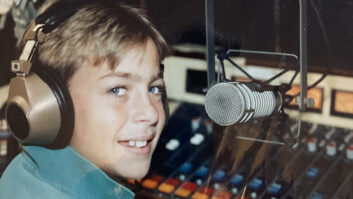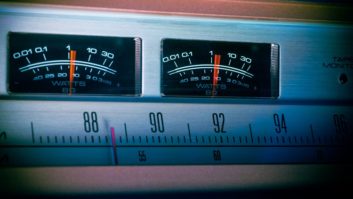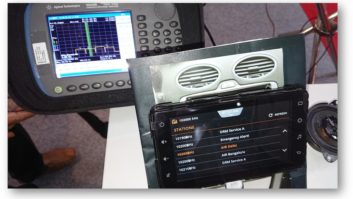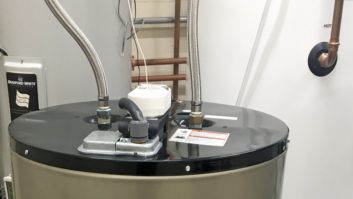Virtually every community radio fan has a first recollection of discovering this volunteer inspired medium. Sometimes an iconoclastic music performance is the flashpoint. Other times, an evocative discussion captures our attention. Whatever it is, those instances are more than simply memories, but part of a larger quilt of community radio’s history, not to mention part of a town’s collective consciousness.
A few may scoff at the insinuation that a volunteer DJ is a piece of a city’s narrative. Yet, they are. What makes a city intriguing? Beyond the monuments and parks, communities are memorable in their unique stories, even quirks. Community radio represents a city’s arts and culture. Without these nonprofit institutions, those facets are diminished.
A movement to assemble these aspects of local life is in full swing. Noncommercial radio stations and communities have so much to gain by participating.
On the week of the 50th anniversary of the Communications Act of 1967, the Radio Preservation Task Force concluded its annual conference in Washington. Its agenda is, and will be, one to watch for community media.
RPTF’s conference is among the largest gatherings of people committed to saving radio history, most notably that of community radio. From lifelong media pioneers like Bill Siemering to university-based archivists, the event draws people with research as well as personal passions for recordings of years gone by.
Hobbyists and scholars are not alone in their fascination. In fact, there is growing public interest in radio’s history, especially that of noncommercial media. The Washington Post and Vox are among outlets that have offered profiles of the work of academics and historians to save old reel-to-reel tapes and the precious voices they contain. Groups like the Association for Recorded Sound Collections have, over the years, helped to synthesize the breadth of what’s out there. The recording diversity is dizzying. From Texas A&M University’s Forest Service Radio programs from the 1940s and 1950s to in-studio musical performances, there is a deep well of culture in local radio. Protecting that history goes hand in hand with preserving a community’s memories.
Shortly before the RPTF conference, a grant for restoring recordings of community radio history was announced. In talking with historians at the RPTF conference, it is abundantly clear that they see the value in community radio’s holdings. In small towns and cities far from traditional public media strongholds, community radio is a chronicle of a region. The new focus is refreshing.

If you are with a community radio station, or are a community media supporter and just want to help, there are more avenues than ever before to lift up our wonderful history.
Working with the National Federation of Community Broadcasters, RPTF has steadily been grooming community radio stations to be archivists in their own right. Once a station completes a Google form, experts reach out and determine what a station has, its condition and ways of integrating those records into a larger national archive. Low-power or full-power, stations of every shape and size are being sought for this initiative. RPTF’s Josh Shepperd and a volunteer army of scholars are a force of nature, connecting the dots with community radio station leadership so no history is abandoned.
If you aren’t with a station, but want to help, you too have ways to plug in. Established by the Corporation for Public Broadcasting in in 2009 and taken over by the Library of Congress and Boston noncommercial broadcaster WGBH in 2013, the American Archive of Public Broadcasting is today leading important efforts. The original AAPB vaults had more than 40,000 hours of archived programming, going back to the early 1950s. AAPB is actively seeking community radio stations’ broadcast archives. It is also involving the public in transcribing its collection using Fix It, an interactive game that lets users track their progress and compete against others.
The old cliché goes that those who don’t remember history are doomed to repeat it; for community radio, not remembering history is losing part of ourselves. May the renewed excitement around community radio history only flourish.











